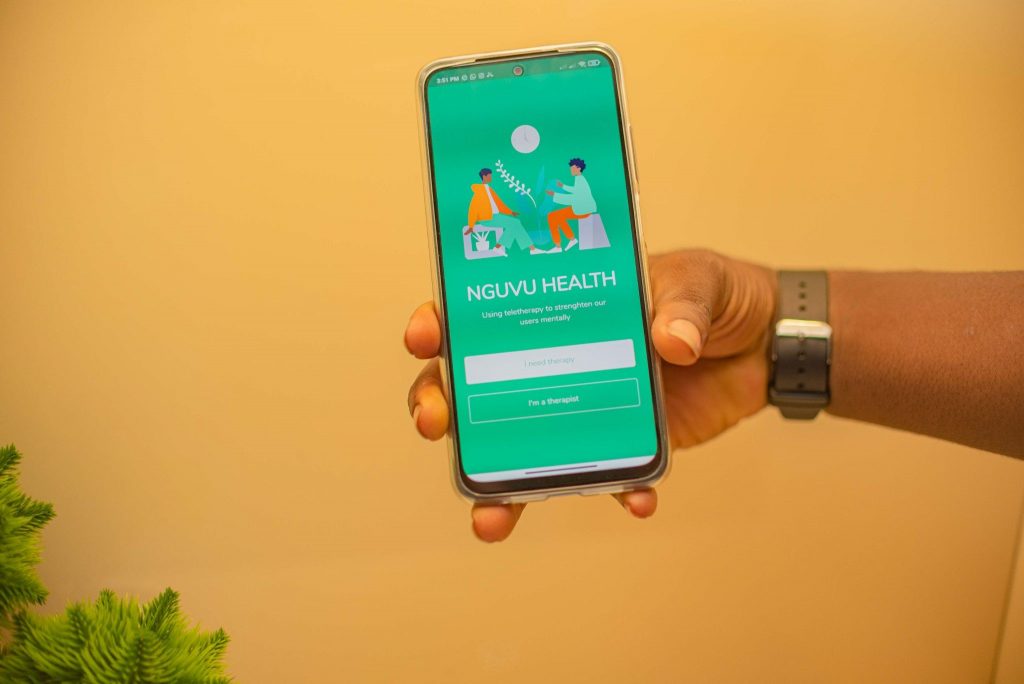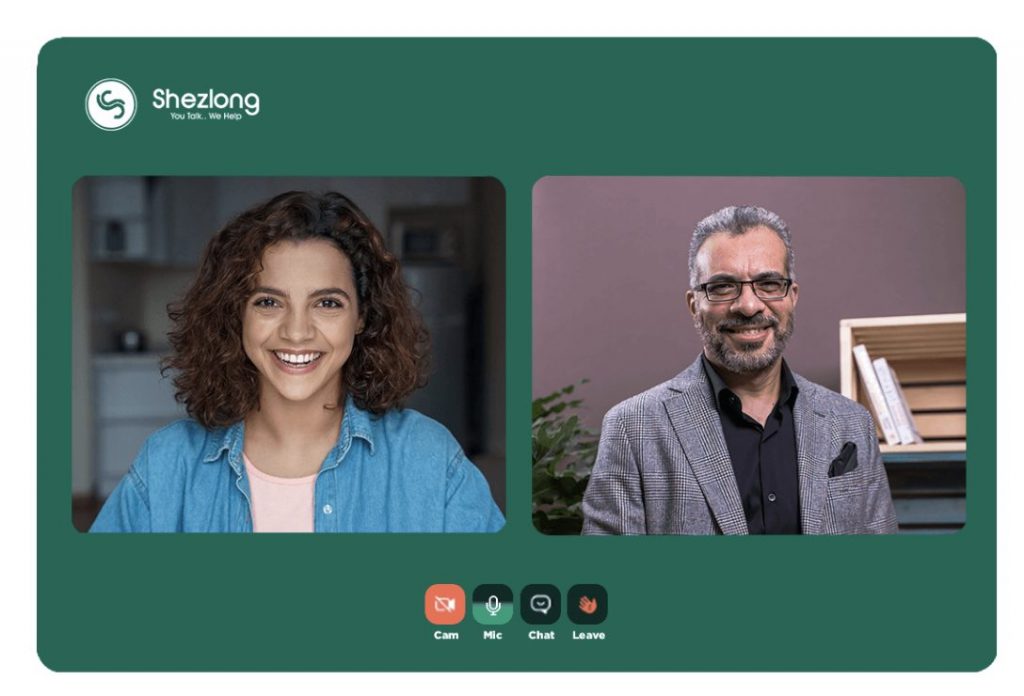One of the prevalent forms of banter among young Nigerians is that affording therapy is even more expensive than one’s mental health is in shambles. There is also the popular perception that mental health services are only necessary when mental illness is at stake.
The World Economic Forum has gone on to tell us why we need to rethink this thought process. According to the forum, mental health has a bi-directional relationship with many of Africa’s most significant challenges.
The good news is that with the aid of technology, health tech startups are sprouting forth to solve a range of health problems, one of which is mental health. E-mental health startups are reshaping the way Africans perceive and approach mental health. They are bridging the gap between access and mental health by making teletherapy services available.
In this article, we will explore three e-mental health startups using teletherapy to solve the mental health challenges Africans face.
E-mental Health Startups in Africa
Nguvu
Nguvu which means Strength in Swahili, is a Nigerian e-mental health startup providing on-demand online therapy sessions to Africans via their devices. The platform hosts several therapists who have undergone a rigorous vetting process initiated by Nguvu Health. Users seeking therapy or any form of counselling can readily match with a therapist after partaking in a short assessment.

In a country like Nigeria with over 200 million people, only 300 psychiatrists are available to cater to this number. Nguvu health’s goal is to change the narrative of how mental health is perceived within Nigerian society by making therapy affordable and readily accessible. This year, the e-mental health startup announced a two-year partnership with AXA Mansard as part of its strategic efforts to reach more people. It is clear that Nguvu is solving a very tangible problem.
Shezlong
A nationwide survey conducted by the Egyptian ministry of health revealed that 25% of the population was suffering from mental health-related problems. It is to this effect that Shezlong was born. Shezlong is an Egyptian e-mental health startup providing teletherapy services to Africans, both on the continent and in the diaspora. Being the first e-mental health solution in the Mena region, the startup is used across 60 countries and boasts over 300 licensed therapists.

The founder of Shezlong says while building the platform, he had two missions; one was to provide online awareness that would correct the misconception associated with mental health, while the other was to provide access to readily available therapists who were well-qualified to deliver on-demand teletherapy services to users.
Shamiri Institute
Having recently raised 1 million dollars in a funding round, this Kenyan startup says it is seeking to tackle the scourge of mental health illness in Kenya first, and then the rest of the continent. Shamiri Institute is a data-driven e-mental health startup that combines rigorous social science research with a deep contextual understanding of the communities they work with to develop, test, and scale cost-effective interventions.

The startup’s primary aim is to shape the future of all, especially young people, by making mental health accessible to all.
Outlook
According to WHO, inadequate financing for mental health solutions continues to be the biggest limitation to mental health advancement. With the advent of teletherapy and access to funding, mental health startups have been able to proffer mental health services to the people who need them.
Young people are slowly acclimatising to this form of therapy and are beginning to have healthy, open conversations about mental health challenges.










